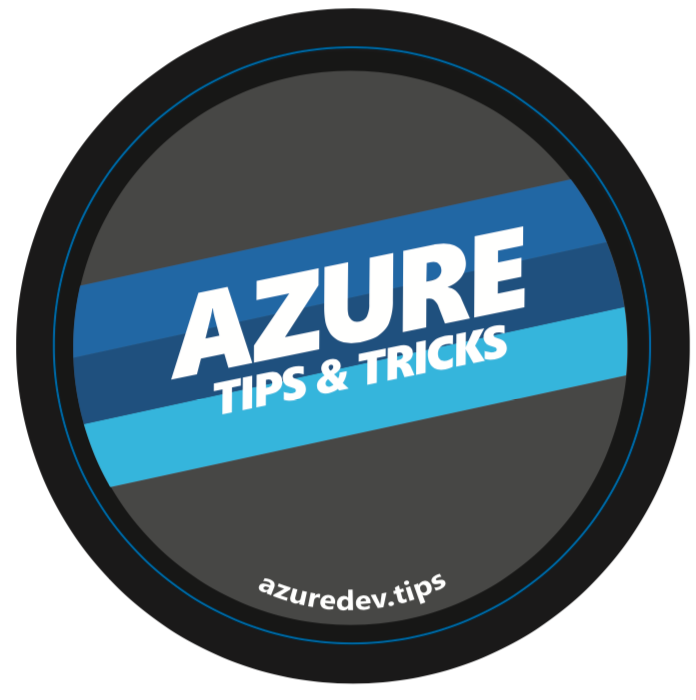TIP
💡 Learn more : Azure Functions Documentation (opens new window).
# Customize an Azure Functions Endpoint in Seconds
This one tends to come up a lot and typically folks want to solve the following two problems.
- They want to know know how to pass a string parameter to the functions URL.
- Then parse the string from the URL and use it in my code logic.
They basically want a url like the following - https://mcrumpfunction.azurewebsites.net/api/products/truck/444
You can achieve this by going into your Azure Function and looking at your function.json file and adding the route. More than likely route is missing, but you can easily add it.
Below is a sample that looks for the word products in the string followed by a category that is alphanumeric and an id that is an integer:
{
"bindings": [
{
"type": "httpTrigger",
"name": "req",
"direction": "in",
"methods": [
"get"
],
"route": "products/{category:alpha}/{id:int?}"
},
{
"name": "$return",
"type": "http",
"direction": "out"
}
],
"disabled": false
}
2
3
4
5
6
7
8
9
10
11
12
13
14
15
16
17
18
19
Now we'll add the two values (string category, int? id) to pass into our method as shown below.
using System.Net;
public static async Task<HttpResponseMessage> Run(HttpRequestMessage req, string category, int? id, TraceWriter log)
{
log.Info("C# HTTP trigger function processed a request.");
return category == null
? req.CreateResponse(HttpStatusCode.BadRequest, "Please pass a category")
: req.CreateResponse(HttpStatusCode.OK, "Category " + category + " and the Id is " + id);
}
2
3
4
5
6
7
8
9
10
If you now call https://mcrumpfunction.azurewebsites.net/api/products/truck/444 then it will return <string xmlns="http://schemas.microsoft.com/2003/10/Serialization/')">Category truck and the Id is 444</string>.
# Functions based on .Net Core 2.1
This is even easier if you're using .Net Core 2.1 for your functions as the routing is set in the function itself. Change the default code
[FunctionName("products")]
public static async Task<IActionResult> Run(
[HttpTrigger(AuthorizationLevel.Function, "get", "post", Route = null)] HttpRequest req,
ILogger log)
{ ...
2
3
4
5
to
public static class products
{
[FunctionName("products")]
public static async Task<IActionResult> Run(
[HttpTrigger(AuthorizationLevel.Function, "get", Route = "products/{category:alpha}/{id:int?}")]
HttpRequest req,
string category,
int? id,
ILogger log)
{
log.LogInformation("C# HTTP trigger function processed a request.");
return category != null
? (ActionResult)new OkObjectResult($"Product ID: {id} in category {category}")
: new BadRequestObjectResult("Please pass a category in the url");
}
}
2
3
4
5
6
7
8
9
10
11
12
13
14
15
16
17
